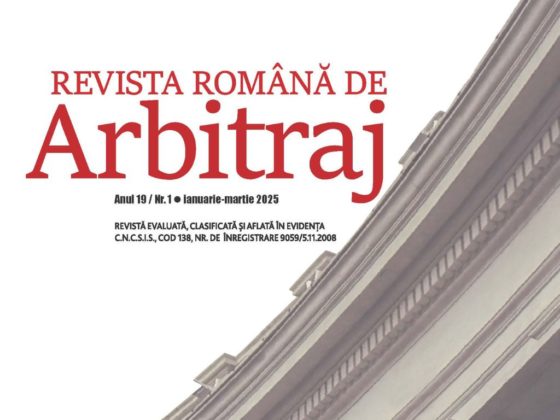Breach of contract disputes are the most common lawsuits in today’s courts and can prove particularly harmful to SMEs. Knowing and understanding dispute resolution methods can make all the difference if you need to resolve disagreements within your business or with third parties.
Dispute resolution is the process of resolving a dispute or conflict between different parties. It usually involves methods to solve a disagreement without going to court.
What does the contract say?
When a contract dispute occurs, the first step is to carefully review the agreement in question. It usually provides information on how to act in case of breach of contract, and it can inform how serious the dispute is.
It is important to look for the governing law and jurisdiction clauses to understand which country’s law governs the contract and whether there is an Alternative Dispute Resolution (ADR) clause.
This comprehends the ramifications, the parties’ entitlements and the potential ways in which an alternative resolution may be found.
Alternative Dispute Resolution Methods
Although the default method of resolving contract disputes is legal proceedings, there are other methods of resolving disputes. These are called Alternative Dispute Resolution or ADR.
NON-BINDING ALTERNATIVE DISPUTE RESOLUTION METHODS:
ADR focuses on parties reaching a without prejudice consensual resolution. Meaning that the parties can discuss the dispute openly and honestly without compromising their position if these methods do not reach a settlement.
A non-binding Alternative Dispute Resolution clause will provide information on how to resolve the dispute before employing a binding method.
The most common methods of non-binding options to litigation are:
- Negotiation: this is a voluntary and confidential method of resolving disputes. Both sides seek to find common ground to work towards a conflict settlement in a neutral setting. Negotiation is usually employed before resorting to any other method of dispute resolution. It is common for long-term contracts to include an escalation clause, which will require the parties to conduct a series of tiered negotiations to attempt to resolve any dispute before the parties can refer it to mediation and/or issue legal proceedings.
- Mediation: the process of using a neutral third party (mediator) to assist in resolving the dispute.
- Early neutral evaluation (ENE): a neutral third party considers each party’s submissions and provides an opinion on the likely outcome trial. That view is without prejudice and has no binding effect unless the parties have agreed that it should be binding.
BINDING ALTERNATIVE DISPUTE RESOLUTION METHODS:
When non-binding options are unable to reach a settlement on the contractual dispute, the next step is to employ the binding option existent in the contract.
The most common binding methods alternative to litigation are:
- Arbitration: the parties appoint an individual or panel to make a binding decision after providing all evidence. Arbitration is not technically considered ADR as decisions are generally able to be enforced in a similar way to court judgments. Save for exceptional circumstances, legal action in court is not possible after receiving a final and binding decision via arbitration.
- Expert Determination (ED): the parties get to choose a neutral expert with skills relevant to the dispute, usually on a technical matter, who will make a binding decision.
- Adjudication: this is a quick method of resolving disputes where a third party is appointed to produce a temporarily binding decision. It is binding until the dispute is determined by court proceedings, arbitration or settlement properties. It is used mainly in the construction industry.
Pre-Action Protocols and Litigation
If the parties cannot resolve their dispute through the more informal dispute resolution methods, litigation is usually the only option remaining.
Litigation is the process of taking a dispute to a court of law. If parties cannot agree on the fair and proper outcome of a dispute, they will present their respective cases to a court for judgment.
The courts of England and Wales encourage parties to resolve disputes early through communication, only considering litigation as a last resort.
Litigation can be costly and slower than ADR, but litigation may be the best option in the case of expensive and complex matters where it is difficult to find common ground to reach an agreement.
Prior to commencing court proceedings, it is crucial to comply with the Practice Direction on Pre-action Conduct and Protocols (the “Practice Direction”) contained in the Civil Procedure Rules (“CPR”). Failure to comply with these rules can result in penalties at a later stage.
How can we help?
We believe that the starting point to resolving disputes is developing a tactical strategy that minimises risk and maximises opportunities for reaching win-win solutions. Our dispute resolution strategies encompass both the grievances and the incentives of each party, getting to the heart of the matter and expediting a solution.
For matters that reach litigation or arbitration, we pride ourselves on creating clear and concise action plans that help our clients achieve their desired results.
Schedule a call with our dispute resolution experts here.







